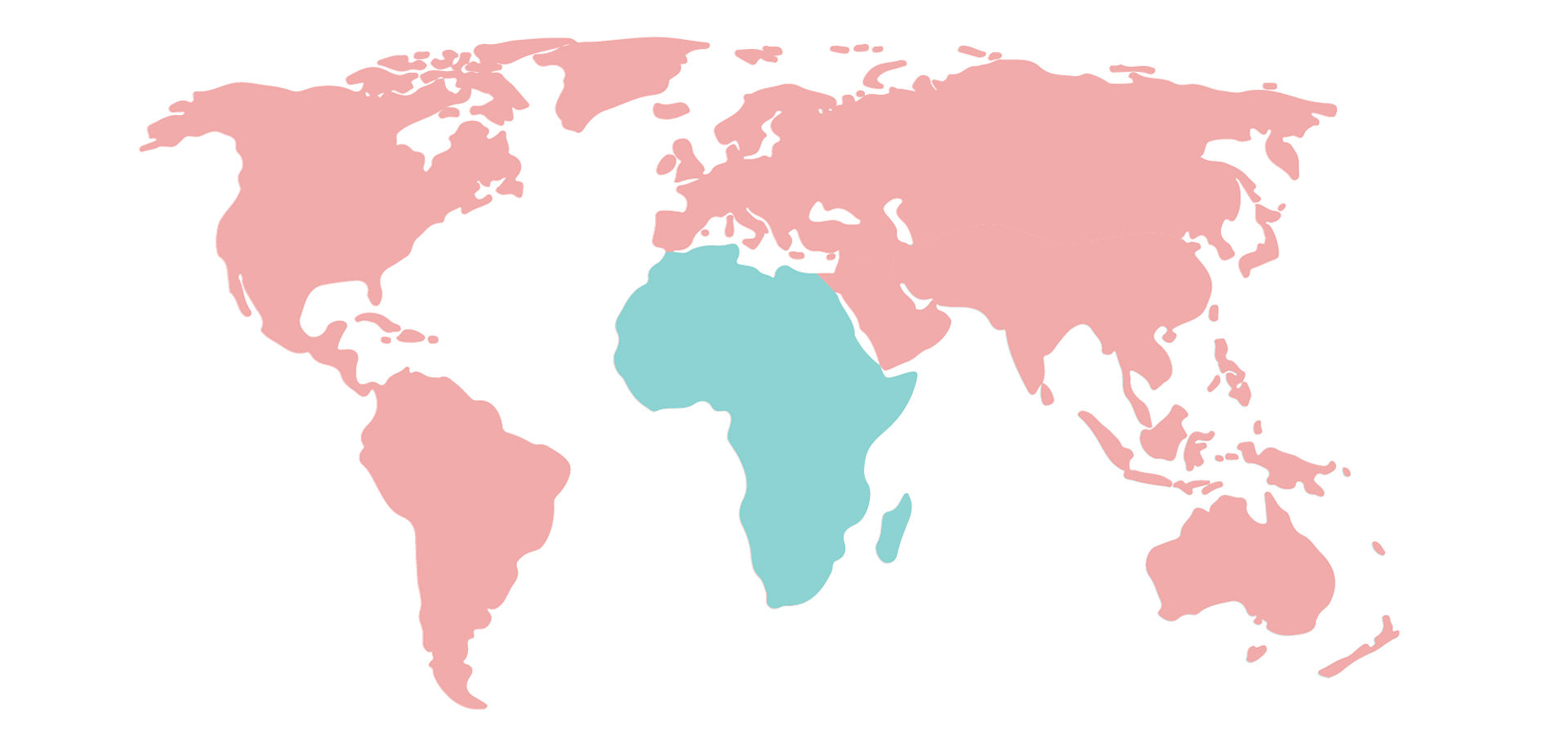What is Considered Specialty Coffee?

The aroma of freshly brewed coffee is a morning ritual for many, but not all coffee is created equal. Among the myriad types of coffee available today, specialty coffee holds a distinct and revered place. Understanding what qualifies as specialty coffee involves exploring its origins, processing methods, quality standards, and the dedication of those who cultivate and prepare it. In this article, we’ll dive into the world of specialty coffee, highlighting what sets it apart from the rest.
The Journey of Specialty Coffee
The journey of specialty coffee begins at the farm, where meticulous care and attention to detail set the foundation for quality. Specialty coffee is typically grown at high altitudes in ideal climates, with abundant rainfall and rich, fertile soil. The conditions must be perfect for the coffee plants to thrive and produce the high-quality beans required for specialty coffee. These beans are often sourced from specific regions known for their unique flavors and characteristics, such as Ethiopia, Colombia, Guatemala, Brazil, Kenya, Sumatra (Indonesia), and Papua New Guinea.
The Role of the Coffee Farmer
The role of the coffee farmer is crucial in the production of specialty coffee. Farmers who grow specialty coffee are dedicated to sustainable and ethical farming practices. They often belong to cooperatives or associations that provide support and resources to ensure high-quality production. These farmers use environmentally friendly practices, such as shade-grown coffee, organic farming, and water conservation, to protect the environment and maintain the natural habitat of their coffee plants.
The harvest process is another critical aspect of producing specialty coffee. Coffee cherries are hand-picked to ensure that only the ripest and highest quality cherries are selected. This labor-intensive process requires skill and expertise, as picking the cherries at the right time is essential for achieving the desired flavor profile.
Processing Methods: From Cherry to Bean
Once the cherries are harvested, they undergo various processing methods to extract the beans. The two primary methods are the wet (washed) process and the dry (natural) process. Each method imparts different flavors and characteristics to the coffee beans.
- Wet (Washed) Process: In this method, the coffee cherries are pulped to remove the outer fruit layer. The beans are then fermented in water to break down the mucilage, a sticky layer surrounding the bean. After fermentation, the beans are washed to remove any remaining mucilage and then dried. The washed process often results in a cleaner, brighter cup with more pronounced acidity.
- Dry (Natural) Process: In the dry process, the coffee cherries are spread out to dry in the sun with the fruit still intact. This method requires careful monitoring to prevent over-fermentation and spoilage. Once the cherries are dried, the beans are hulled to remove the dried fruit. Natural processed coffees typically have a fuller body and fruity, wine-like flavors.
In addition to these traditional methods, there are variations such as the honey process (aka pulped natural) and the anaerobic process. The honey process combines elements of both the wet and dry processes, resulting in a unique flavor profile. The anaerobic process involves a type of fermentation that takes place without the presence of oxygen. The coffee cherries are placed in sealed fermentation tanks with one-way valves that let oxygen be pushed out. This method is quite recent and enhances the fruity notes of the coffee. Anaerobic processing can be used as a complementary method to washed, natural, and honey-processed coffee.
Grading and Scoring: The Specialty Coffee Association (SCA)
To be classified as specialty coffee, beans must undergo rigorous grading and scoring by certified Q graders (ie trained and licensed coffee testers that rate coffees based on the guidelines created by the Coffee Quality Institute and the Specialty Coffee Association. The Specialty Coffee Association has established a comprehensive set of standards and protocols for evaluating coffee quality. Beans are graded based on several criteria, including:
- Size and Uniformity: Specialty coffee beans must be of a consistent size and free from defects.
- Aroma: The fragrance of the ground coffee and the aroma of the brewed coffee are critical factors in determining quality.
- Flavor: The overall flavor profile, including sweetness, acidity, bitterness, and balance, is assessed.
- Aftertaste: The lingering flavors after swallowing, also known as the finish, are evaluated.
- Acidity: The perceived brightness and sharpness of the coffee, which contributes to its overall liveliness.
- Body: The weight or mouthfeel of the coffee, which can range from light to full-bodied.
- Balance: The harmony of flavors and how well they complement each other.
For coffee to earn the specialty coffee designation, it must score at least 80 points on a 100-point scale. This rigorous scoring system ensures that only the highest quality beans are classified as specialty coffee.
Roasting: Bringing Out the Best
Roasting is an art and science that plays a significant role in the final quality of specialty coffee. Specialty coffee roasters are skilled artisans who understand the intricacies of the roasting process and how it affects the flavor profile of the beans. Roasting transforms the green coffee beans into the aromatic, flavorful coffee we know and love.
Specialty coffee roasters use small-batch roasting techniques to ensure precise control over the roast profile. They experiment with different roasting times and temperatures to highlight the unique characteristics of each coffee bean. Light roasts are typically preferred for specialty coffee as they preserve the delicate flavors and complexity of the beans. However, medium and dark roasts can also be used to bring out different flavor notes, depending on the origin and processing method of the beans.
Brewing: The Final Step
The final step in the specialty coffee journey is brewing. The brewing method can significantly impact the flavor and overall experience of the coffee. Specialty coffee enthusiasts often prefer manual brewing methods, such as pour-over, French press, AeroPress, and espresso, as they provide greater control over the brewing variables, including water temperature, grind size, and extraction time.
Each brewing method has its unique characteristics and can highlight different aspects of the coffee’s flavor profile. For example, pour-over methods, like the Chemex or V60, tend to produce a clean, bright cup with pronounced acidity, while the French press offers a fuller body and richer mouthfeel.
The Specialty Coffee Community
Specialty coffee is more than just a beverage; it’s a community of passionate individuals who share a love for high-quality coffee. From farmers and roasters to baristas and consumers, each member of the specialty coffee community plays a vital role in maintaining the standards and integrity of the industry.
Specialty coffee shops and cafes are often hubs of innovation and creativity, where baristas experiment with new brewing techniques and flavor combinations. These establishments prioritize customer education, offering insights into the origin, processing methods, and tasting notes of their coffee selections.
Ethical and Sustainable Practices
One of the defining characteristics of specialty coffee is its commitment to ethical and sustainable practices. Specialty coffee producers prioritize fair trade and direct trade relationships, ensuring that farmers receive fair compensation for their hard work. This focus on sustainability extends to environmental practices, such as reducing carbon footprints, conserving water, and promoting biodiversity.
Consumers of specialty coffee are also increasingly aware of the importance of sustainability and ethical sourcing. They seek out coffee that aligns with their values, supporting brands and businesses that prioritize transparency and social responsibility.
Conclusion: The Essence of Specialty Coffee
Specialty coffee represents the pinnacle of quality and craftsmanship in the coffee industry. From the meticulous care taken by farmers during cultivation and harvest to the precision of roasters and the artistry of baristas, each step in the specialty coffee journey is dedicated to excellence. The result is a coffee experience that is rich, complex, and deeply satisfying.
Whether you’re a seasoned coffee aficionado or new to the world of specialty coffee, exploring the diverse flavors and stories behind each cup can be a rewarding and enriching journey. Specialty coffee is more than just a drink; it’s a celebration of the people, places, and practices that come together to create something truly exceptional.
Hayman is a specialty coffee roaster and a proud member of the Specialty Coffee Association since 2015. At Hayman’s online coffee store, you will find a large variety of the most impressive specialty coffees. All of these delicious coffee treasures are available as whole bean, ground coffee, and as coffee pods/capsules compatible most single-serve machines – click here to buy now, we are offering free worldwide shipping on all orders!










